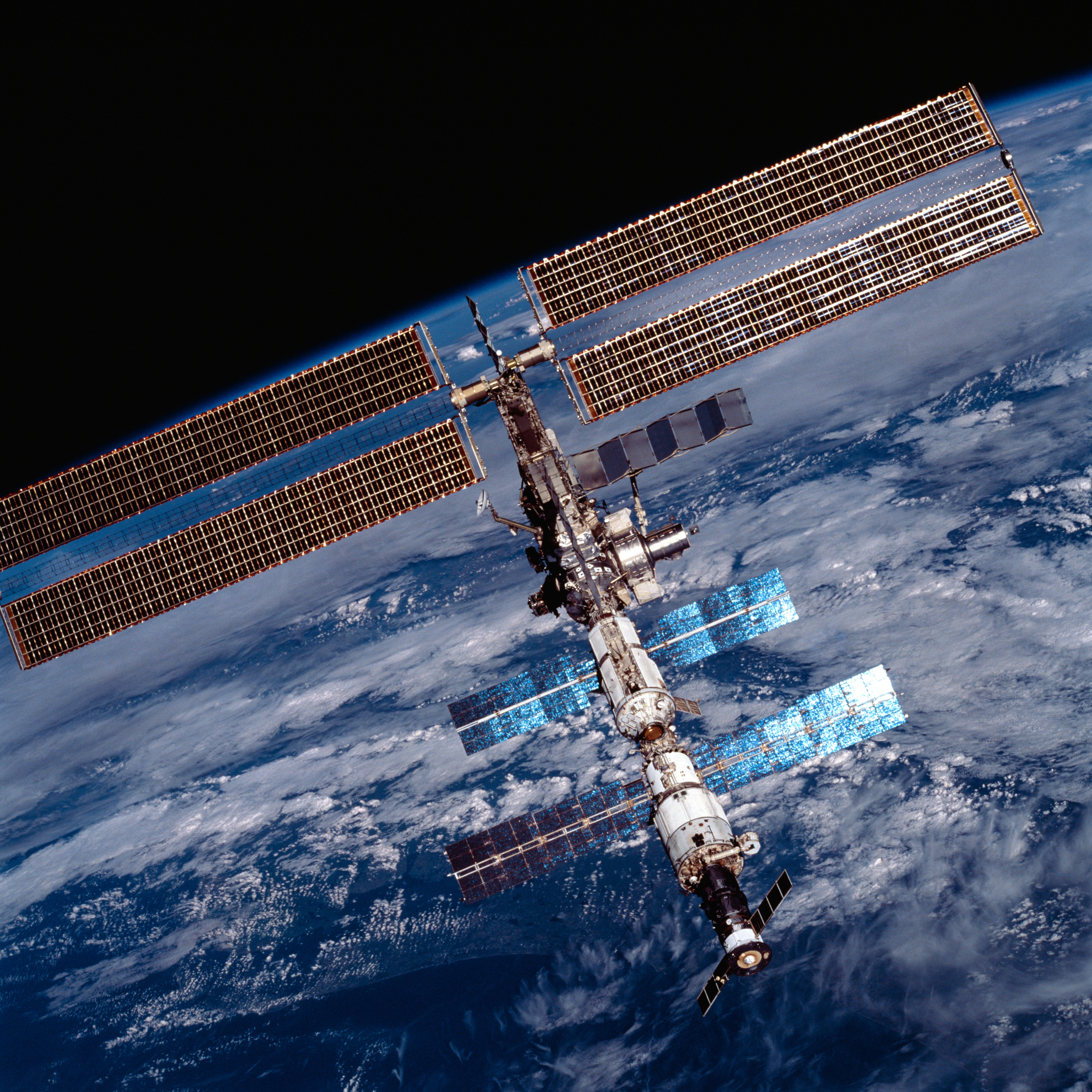- About MAA
- Membership
- MAA Publications
- Periodicals
- Blogs
- MAA Book Series
- MAA Press (an imprint of the AMS)
- MAA Notes
- MAA Reviews
- Mathematical Communication
- Information for Libraries
- Author Resources
- Advertise with MAA
- Meetings
- Competitions
- Programs
- Communities
- MAA Sections
- SIGMAA
- MAA Connect
- Students
- MAA Awards
- Awards Booklets
- Writing Awards
- Teaching Awards
- Service Awards
- Research Awards
- Lecture Awards
- Putnam Competition Individual and Team Winners
- D. E. Shaw Group AMC 8 Awards & Certificates
- Maryam Mirzakhani AMC 10 A Awards & Certificates
- Two Sigma AMC 10 B Awards & Certificates
- Jane Street AMC 12 A Awards & Certificates
- Akamai AMC 12 B Awards & Certificates
- High School Teachers
- News
You are here
The Mathematics of Sleep
April 19, 2010
Whether you're working the nightshift, recovering from jetlag, or travelling in outer space, shifting your sleep schedule can result in poor performance on the job. Using complex mathematical models, researchers are developing software to help astronauts on the International Space Station (ISS) shift their sleep schedules.

Sleep research shows that an individual's performance and alertness are dependent on circadian rhythms and the sleep/wake cycle. Astronauts on the ISS often have an irregular sleep schedule that can quickly shift as much as eight or nine hours depending on ISS operations.
Developed with funding from the National Space Biomedical Research Institute (NSBRI), the software has two components: the Circadian Performance Simulation Software (CPSS) and the Shifter. The CPSS uses complex mathematical formulas to predict how an individual will react to specific conditions while the shifter prescribes optimal times to alter a person's circadian rhythm.
Elizabeth Klerman is associate team leader for NSBRI's Human Factors and Performance Team. In an interview for Medical News Today she said, "If there is a mission event, such as a spacewalk, scheduled at one or two o'clock in the morning, what can we do to help the astronaut to be alert and functioning well at that time?" Do we suggest a nap or caffeine? Do we shift their sleep/wake schedule? There are a variety of options that we would like to be able to provide."
With the basic software program complete, researchers are now working to individualize the model.
In the Medical News article, Klerman also added the software's benefits to workers outside the space industry, specifically police officers, fire fighters, and medical personnel.
"Our lives, including our safety, are impacted by those people who have jobs requiring shift work or extremely long hours and who may be at increased risk of accidents and errors affecting themselves or others," she said.
Source: Medical News Today (April 15, 2010)
Image of ISS via Wikipedia
Id:
828
Start Date:
Monday, April 19, 2010




